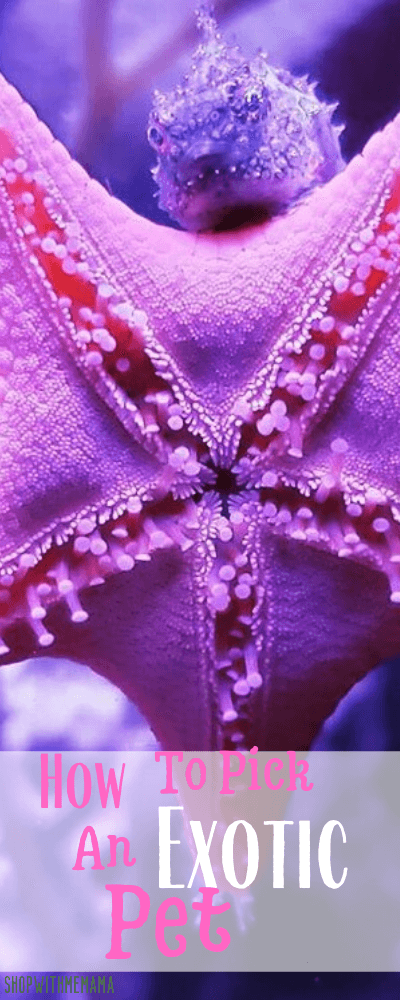Even though dogs and cats are the most common pets in the United States, many people are interested in a more exotic pet option. Unlike dogs and cats, we don’t all know that much about owning an exotic pet. So, how to pick an exotic pet might be of importance.
While the temperament, time requirement, and cost of care for owning cats and dogs are pretty well-known, most people don’t know what it takes to own and care for an iguana, chinchilla, snake, or other exotic pet. Below, is some advice on how to pick an exotic pet that is right for you and your family.
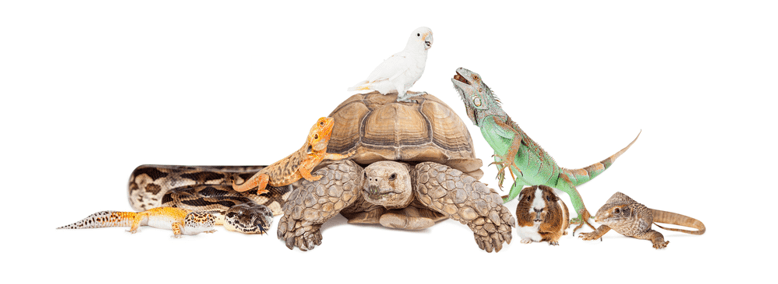
Before adopting an exotic pet, you need to know some of these things. Once you know about the commitment you are considering, you can make a more informed decision on the exotic pet that best fits your household and family.
Preparing for an Exotic Pet
There is a lot to consider when you are thinking about bringing another life into your home. For this reason, you should never make an impulse adoption decision. Walking around a pet store can tempt you to bring home the first cute critter you see, but you will want to be prepared for a new pet. You want to know all the things your pet will require before you bring them home.
- What Kind of Commitment Are You Wanting?
You will want to consider how many years you want to commit to pet ownership. Some species will live up to five years, while others can live for more than 50 years. It is important that you consider what will happen to your pet should your situation change in the future or should your pet outlive you.
Not all pets are good with children. If you have children or are expecting children during the pet’s lifetime, this is another factor to consider. Just because you have the time now doesn’t mean that you will in the future, so this is another thing to think about when deciding on a pet.
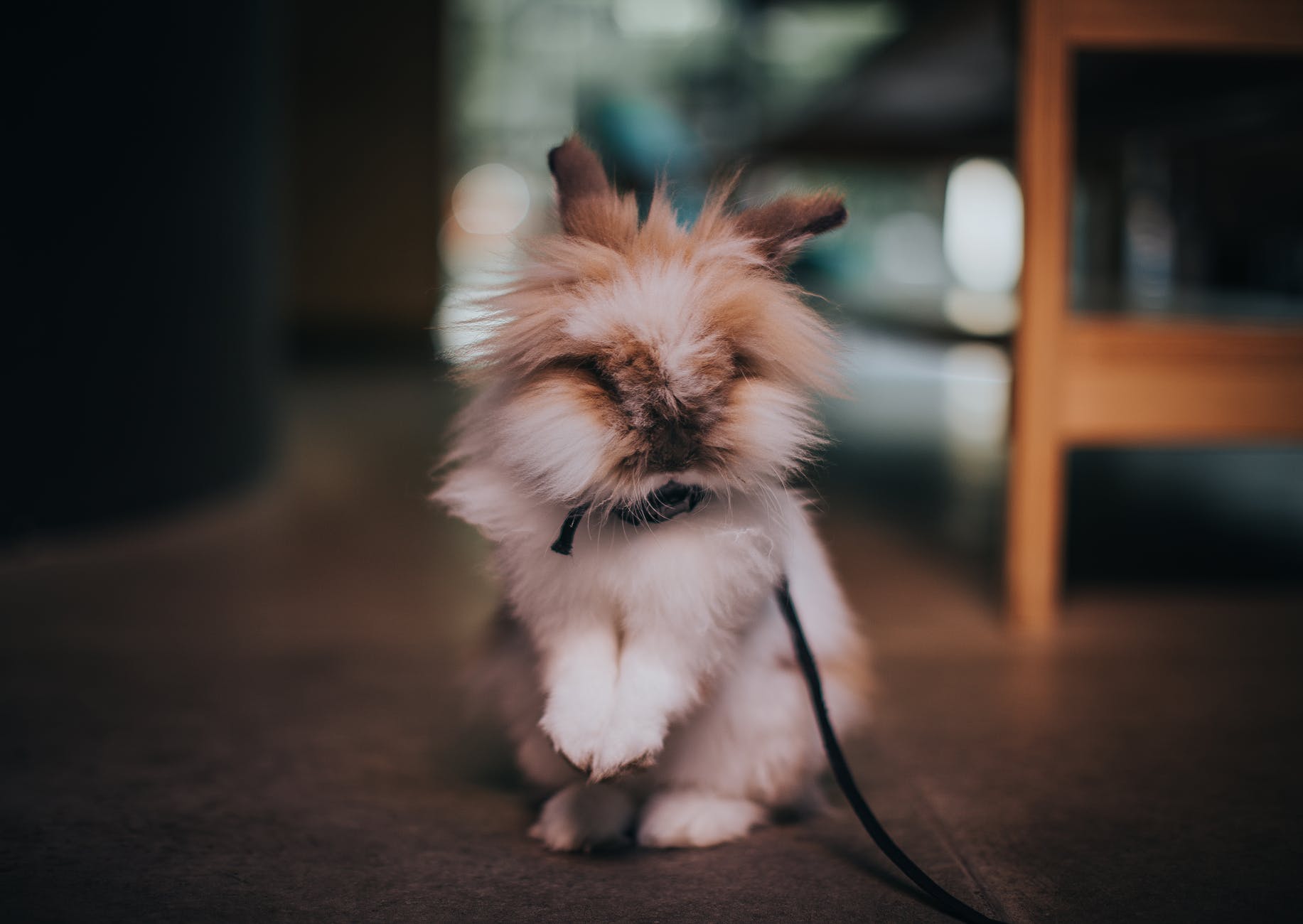
- How Much Time and Attention Can You Give a Pet?
Certain pets will require much more of your time and attention than others. Fish will need very little attention, while parrots need a lot of social interaction and supervision. It is a good idea to know what you are willing and able to give to a pet before you adopt one. Be realistic when you are deciding on this aspect of pet ownership.
- How Big Will the Pet Get?
Remember that animals grow from the time when they are babies into adulthood. Even though that bird or reptile is small when you first bring it home, you may be dealing with a much larger adult animal. Know what you can handle and decide how big is too big for you, your home, your family, and your lifestyle.
- What Size of Cage Do You Need?
Cages will keep your pet safe, so you want to make sure that you get a cage that is the appropriate size. Keep in mind that the cages advertised in the pet store may not be big enough for the animal you bring home.
For example, many of the hamster cages that are for sale are much too small for the animals. Additionally, these creatures and many others need time outside of their cages for proper exercise. This means that not all animals are suitable for small homes and apartments.
- What Other Equipment Does This Pet Need?
Some animals will require a lot of equipment for a long, healthy life. For example, reptiles need heat sources, lights, and other equipment that ensure that they are living in an ecosystem with proper heat, humidity, and lighting.
- When Is the Pet Active?
Many animals are nocturnal, which can be very hard for many pet owners. You will want to choose a pet that is awake and active when you are home and available to give them the attention that they need. You won’t want a pet that is on a completely different schedule than you.
- What Does the Pet Eat?
It may be very difficult to find food for pets if there is no commercially available diet on the market. Some pets will require frozen or thawed mice only once a week, while others will need elaborate salads that you will need to prepare each day.
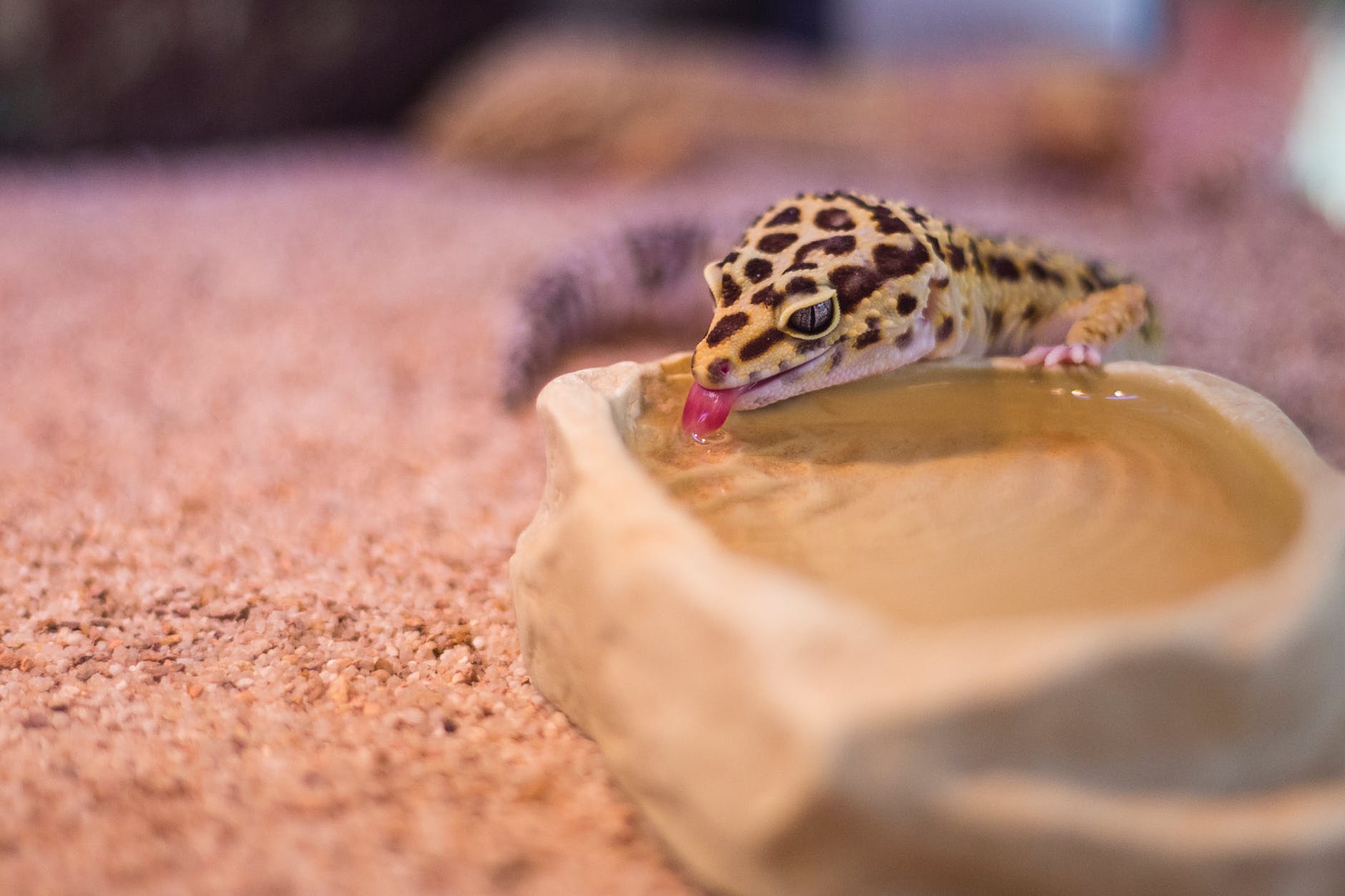
- Does the Pet Have Social Needs?
Not all animals do well on their own. For example, sugar gliders should have a companion, while hamsters should be kept alone. If you are considering a pet that needs a friend, be sure that you have the ability to get and care for two pets. If you want two of a species that do better on their own, be sure that you have two separate cages and two of everything that is needed.
- What is the Cost to Care for This Pet?
Not all pets are cheap. Some exotic pets have hefty price tags, but once you own the pet, you will need to purchase food, a cage, and all of the other necessary supplies to care for the pet. You need to be confident that you can manage all the costs associated with the pet before you adopt it. In some cases, food and other necessary items can be extremely pricey. Much like a dog or cat, exotic pets will need medical care, as well.
- Is the Pet Legal Where You Live?
Some states have strict exotic pet laws that may prevent you from owning numerous species. Additionally, you might need to have a license or permit to own certain species.
How to Pick an Exotic Pet
Birds
There are numerous bird species that are kept as pets. Birds range in size and personality, as well as cost. Birds are intelligent, social creatures, but they can be loud and messy, too. Some birds will want a lot of interaction, while others will want to be left alone most of the time. Large cages are necessary for all species of birds to have enough room for normal behaviors such as preening.
When outside of their cages, birds need to be monitored. Fans should be off and windows closed when birds are loose. Birds are also much more susceptible to household toxins than other pets. Smoke, cleaners, and overheated nonstick cookware can all be dangerous for birds.
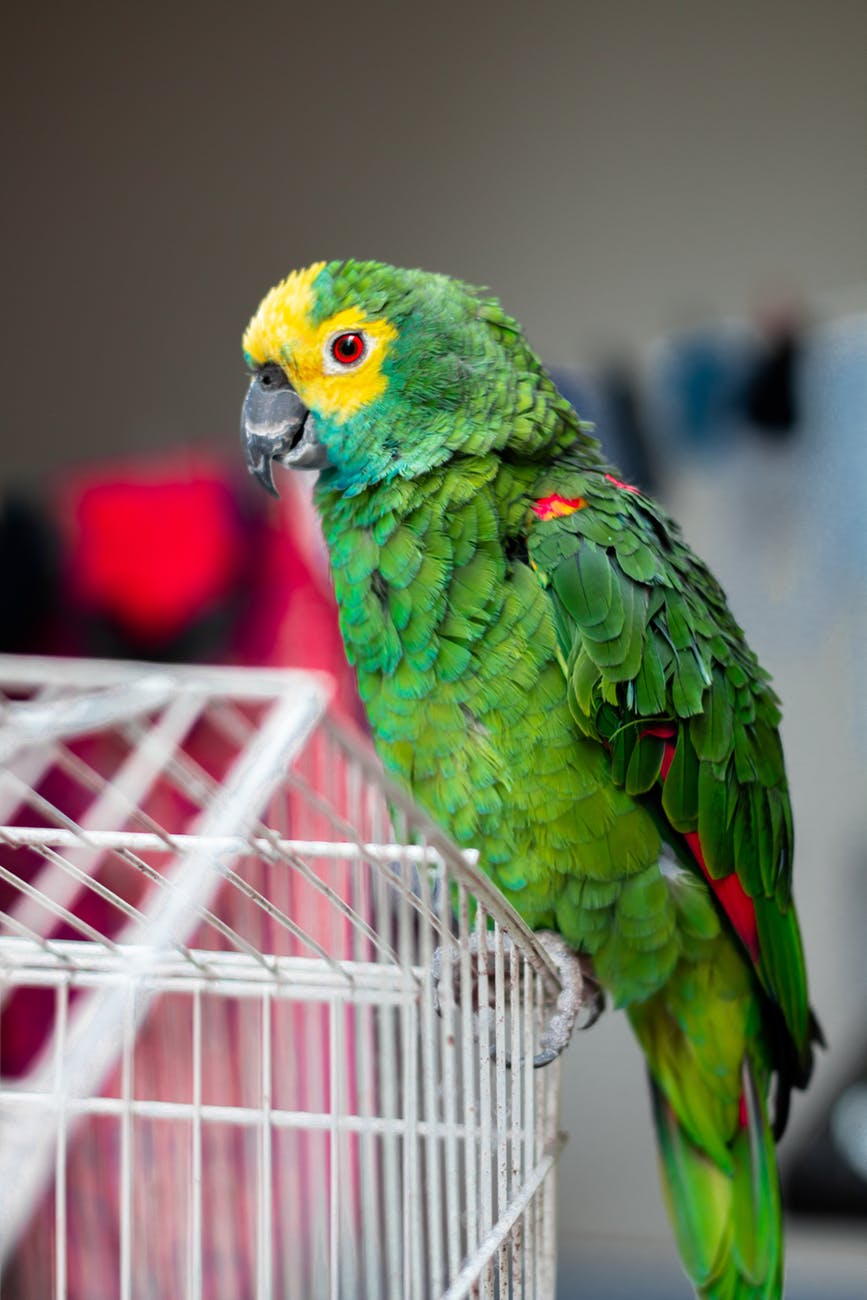
Ferrets
Ferrets are very entertaining pets. They are playful and curious. Ferrets can be litter trained like cats, and they are pretty quiet. You need to be around to supervise ferrets when they are out of their cages, however, as they are likely to get into things and get into all sorts of trouble.
Ferrets need yearly vaccinations and parasite prevention much like dogs and cats. Proper medical care is very important for ferrets. Ferrets tend to smell, even when they have been de-scented.
Rodents
There are many different types of rodents that people keep as pets. Rats are a favorite due to their intelligence. They are also very social pets that are more predictable and slower than mice and hamsters. Rats are a good pet for children, but they do better with friends. Mice are also intelligent and playful like rats, but they are more skittish and can fit through small spaces to get out of their cages.
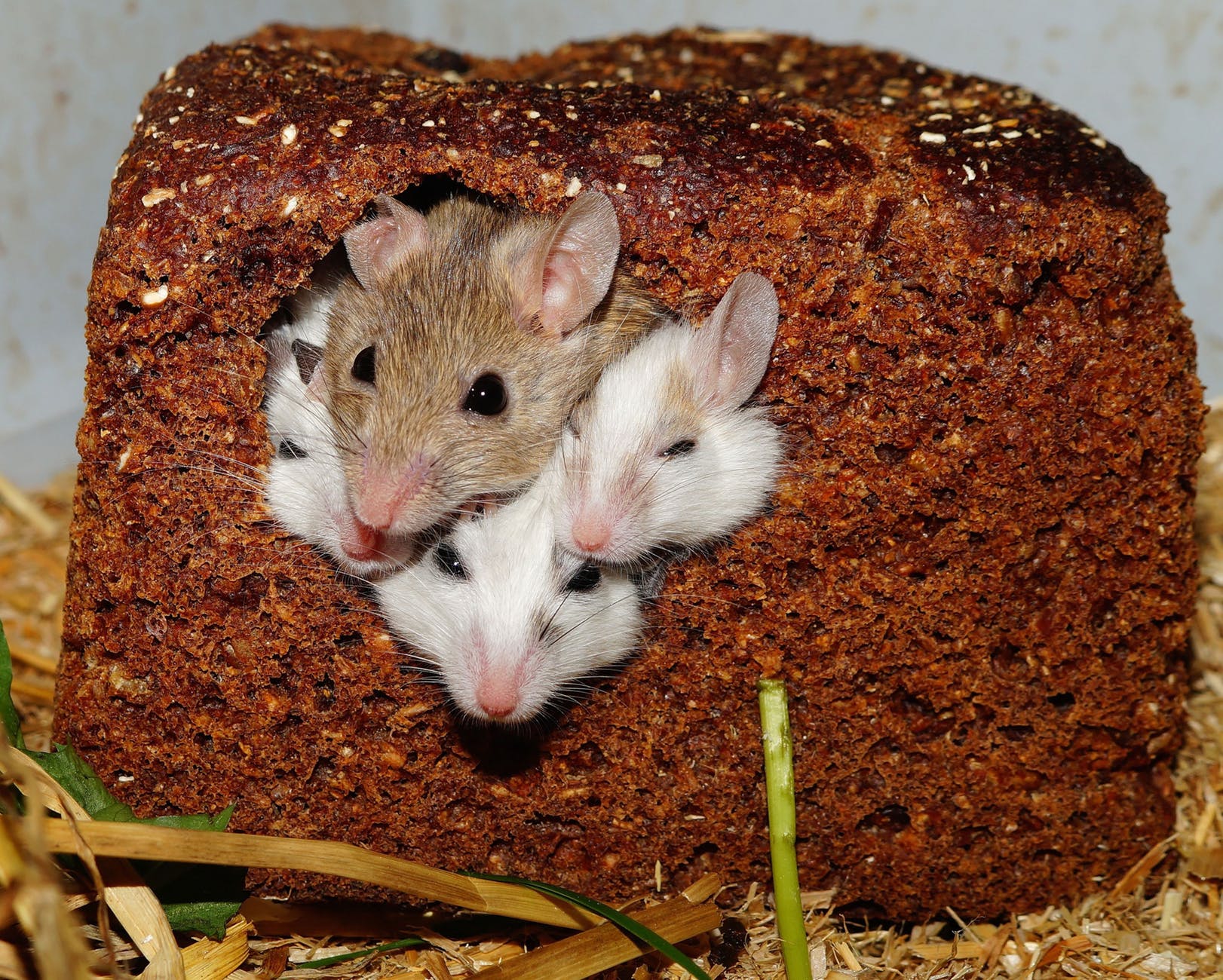
Hamsters all have unique appearances and personalities. Syrian hamsters are generally calmer than other breeds, so they are good for households with children. Most breeds of hamsters are better when kept alone. Hamsters are also more likely to bite than other rodents.
Rabbits
Rabbits are very cute, which is one of the reasons that so many people want one. They are very quiet but can be very docile or active. Most rabbits will enjoy petting but won’t want to be picked up. Rabbits need a lot of space to run and exercise when they aren’t in their cage.
They are naturally inclined to dig and chew, so they need to be kept in rabbit-proofed rooms for safety. Diet is very important for rabbits. Their diet needs to provide adequate gastrointestinal function and grinding of the teeth.
Reptiles
Reptiles can be difficult to care for if you don’t know their specific needs. These creatures have very specific temperature, humidity, lighting, nutrition, and habitat requirements that can vary between species.
Fortunately, reptiles are quiet and don’t require much social interaction. They like to be alone, and they don’t smell like some of the other exotic pets on the list.
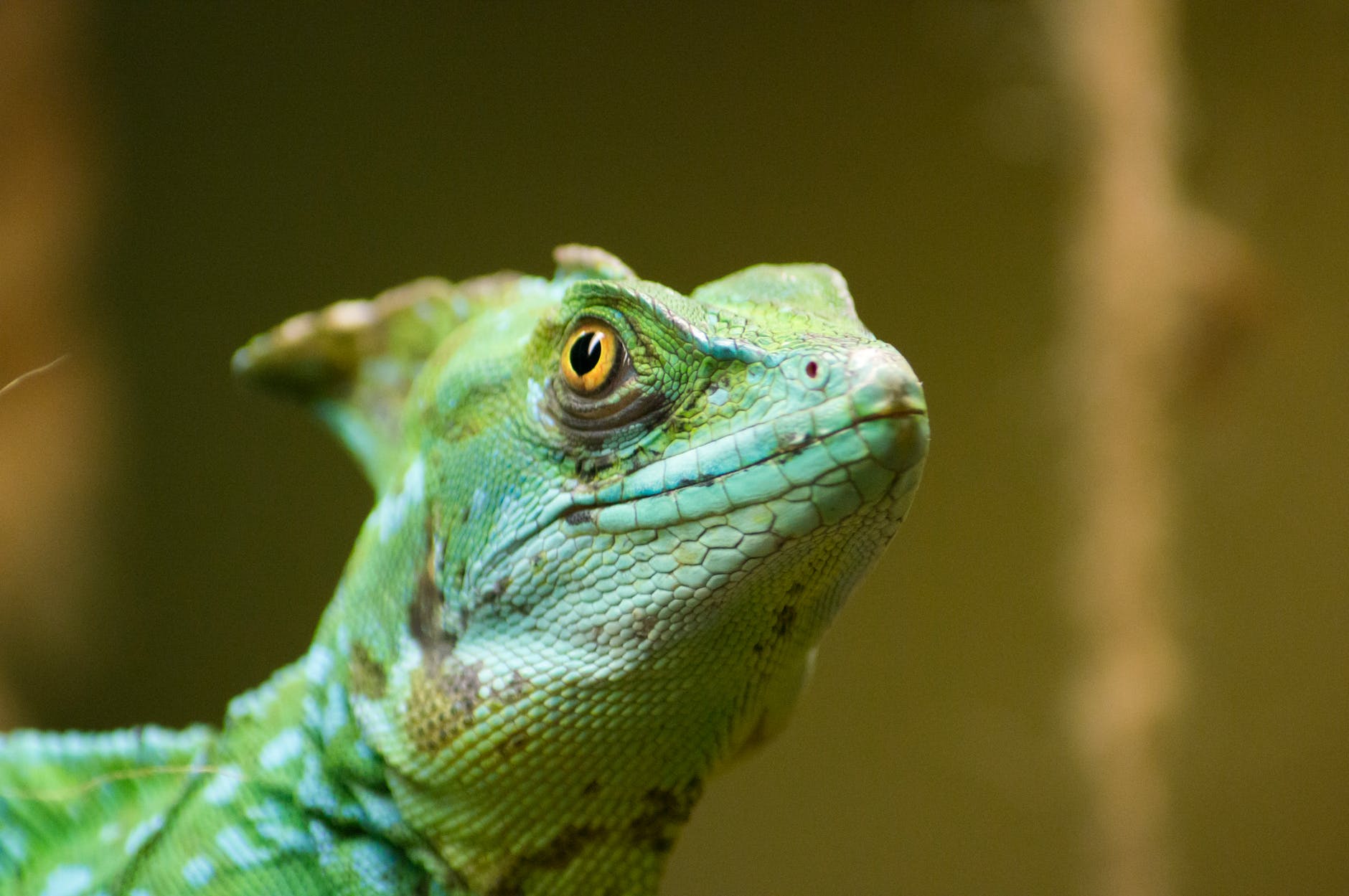
Lizards come in a variety of sizes and personalities. Leopard geckos and bearded dragons are good options for first-time pet owners because they are calm and have relatively easy care requirements. Iguanas are much more difficult to raise due to their size and diet requirements. Iguanas can also be aggressive.
Snakes are generally easy to handle for all kinds of pet owners. They tend to be docile as well. However, enclosures must be secure, because snakes are known escape-artists. Most snake species that are kept as pets will need to eat frozen/thawed mice, so you need to be sure that you can do that. Good starter snakes include ball pythons and corn snakes.
Turtles and tortoises are loved by many due to their sweet and docile personalities. However, many species can become very large and live for decades, which can make them challenging pets.
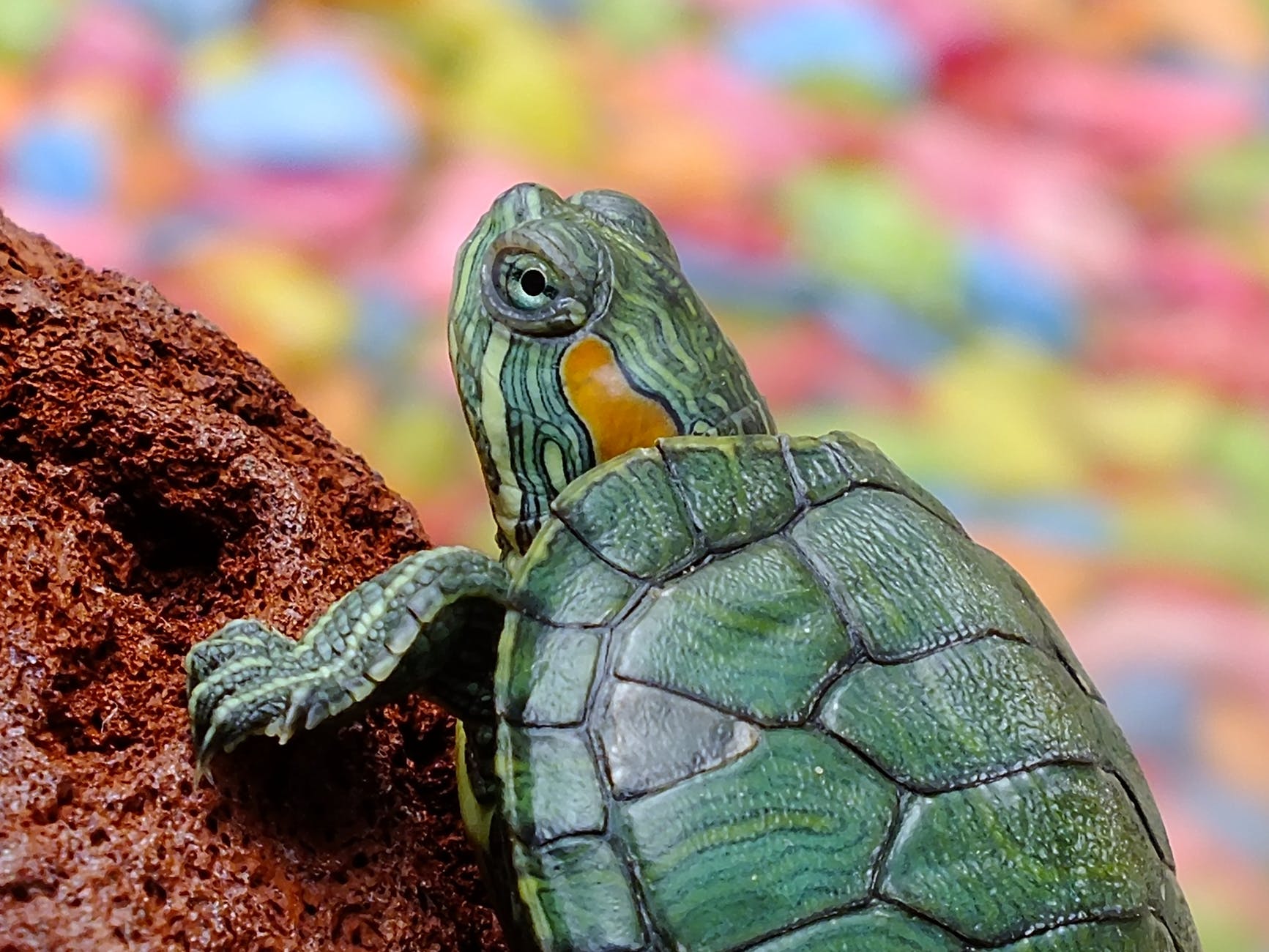
These animals are a huge commitment. It is also important to remember that they need a certain habitat and diet to stay healthy. For beginners, a captive-bred Eastern box turtle is a good option. Aquatic turtles require much more care and should only be kept by experienced owners.
Fish
Fish are some of the easiest pets for almost any lifestyle. Beautiful and quiet, fish don’t require much attention. However, start-up costs are often very expensive. Tanks, equipment, decorations, and even fish can cost a lot. Additionally, water quality needs to be checked frequently.

Other Species
How to pick an exotic pet can be fun! There are many other species of exotic pets out there. Skunks, scorpions, chinchillas, and sugar gliders are all common exotic pets. You will want to do adequate research on these animals before bringing one into your home.
Choosing an exotic pet can be very exciting, but you want to make sure that you are making the best decision for both you and the pet you are bringing into your home. It is never a good idea to take on a pet that you aren’t equipped to care for just because you think they are cute or interesting.
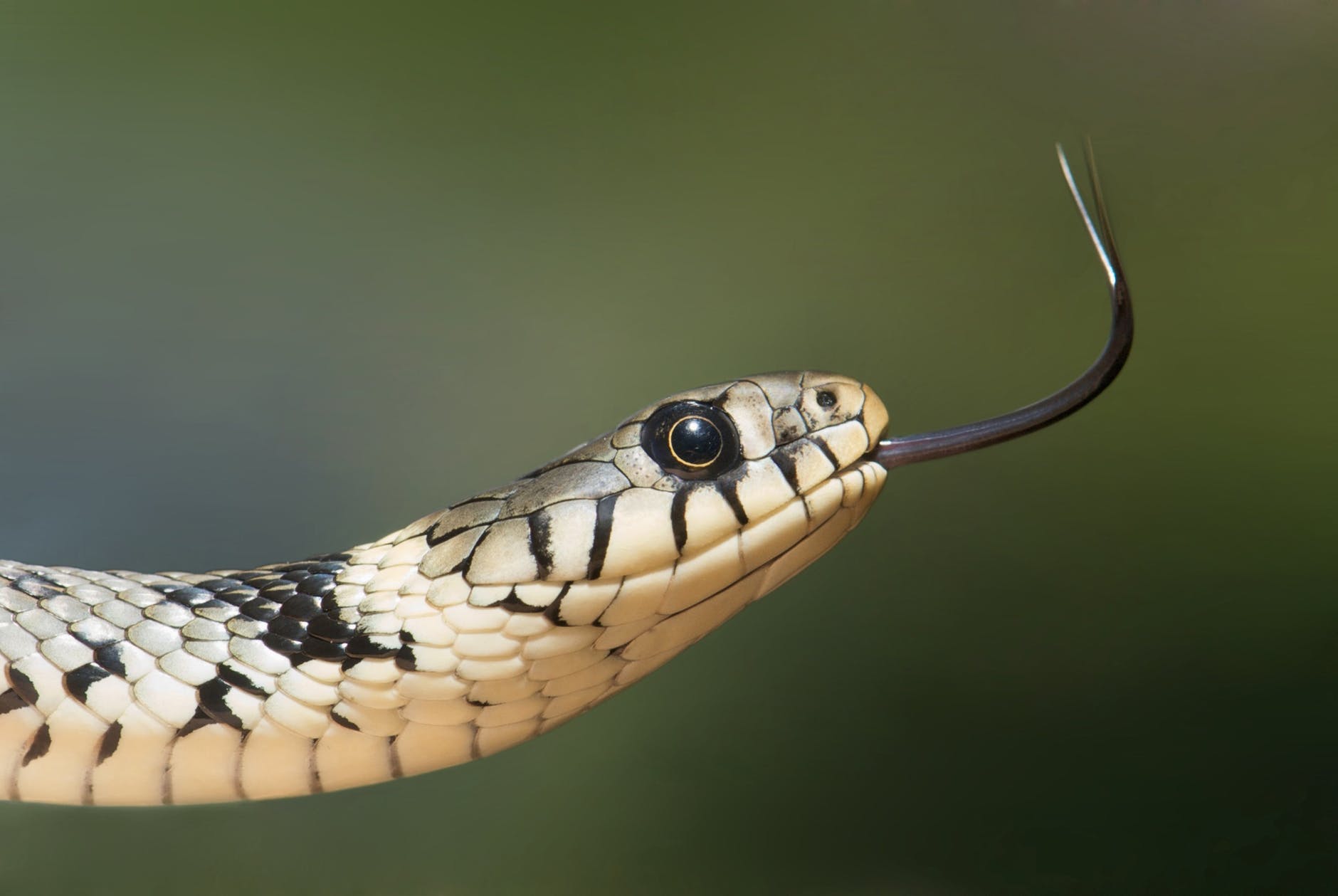
To give your pet the best life possible, do all the research you can before the adoption date. Before you bring home a pet, purchase all necessary supplies such as a cage, food, and other supplies.
How to pick an exotic pet doesn’t have to be a difficult thing. Most people know that many of these pets can be purchased at pet stores, but there are also exotic pet rescues, animal shelters, and breeders. Before bringing an exotic pet home, you may need to quarantine them for up to three months to ensure that there is no spread of disease.
I hope this article ‘How to Pick an Exotic Pet‘ has been helpful to you and if you do decide to adopt an exotic pet, let me know! I would love to hear all about it!
